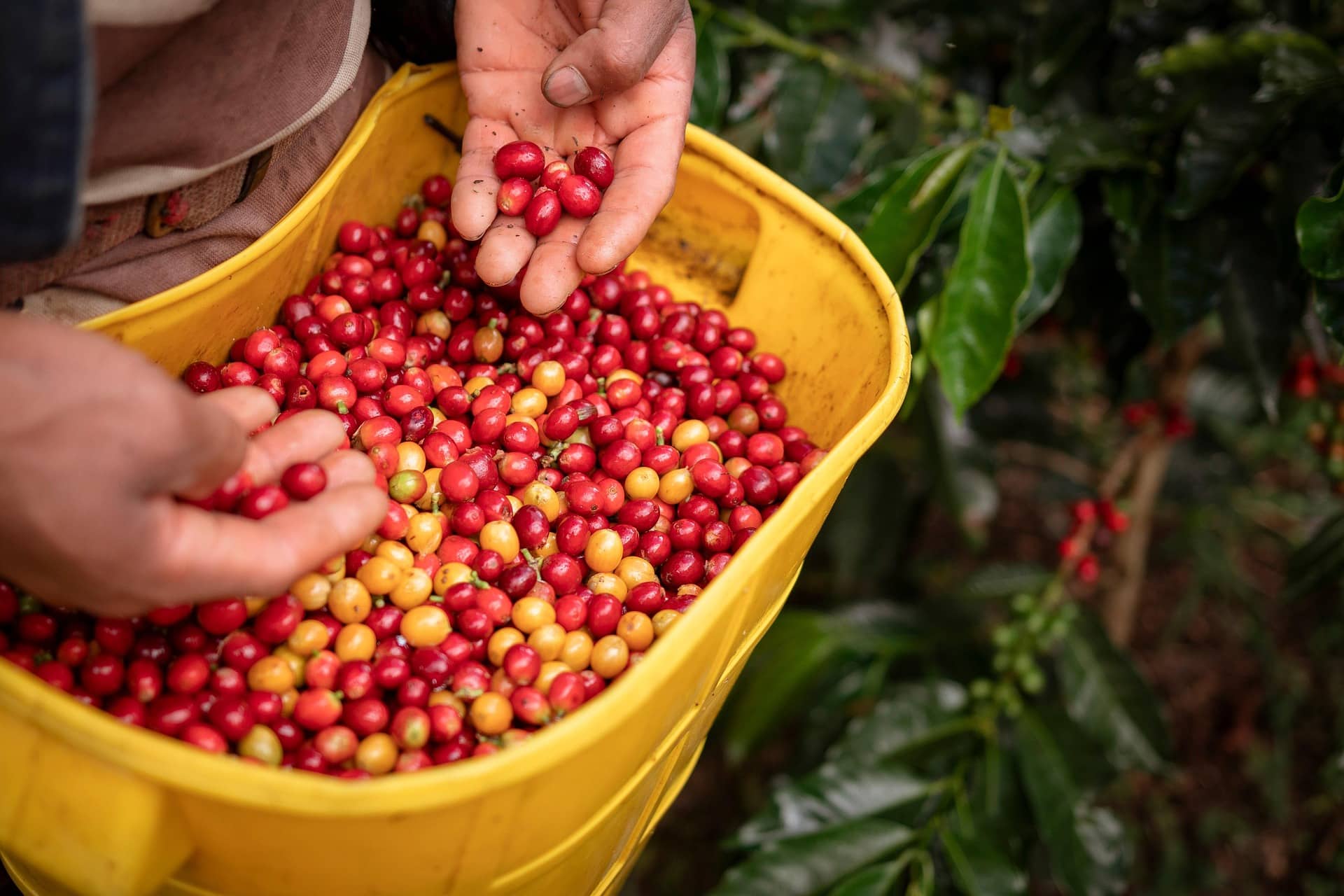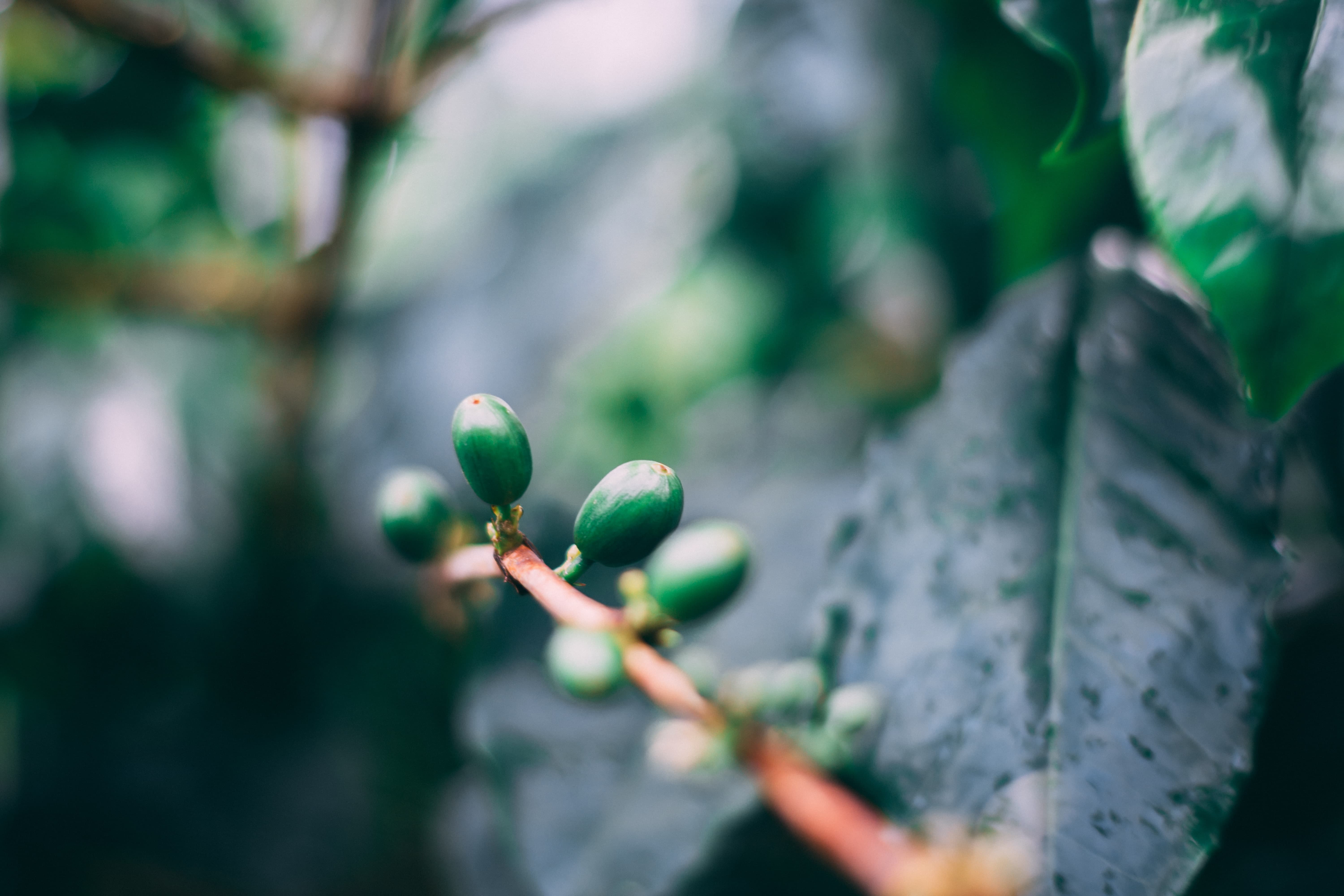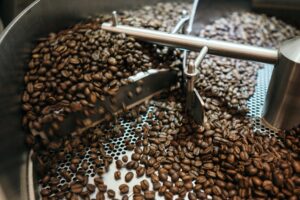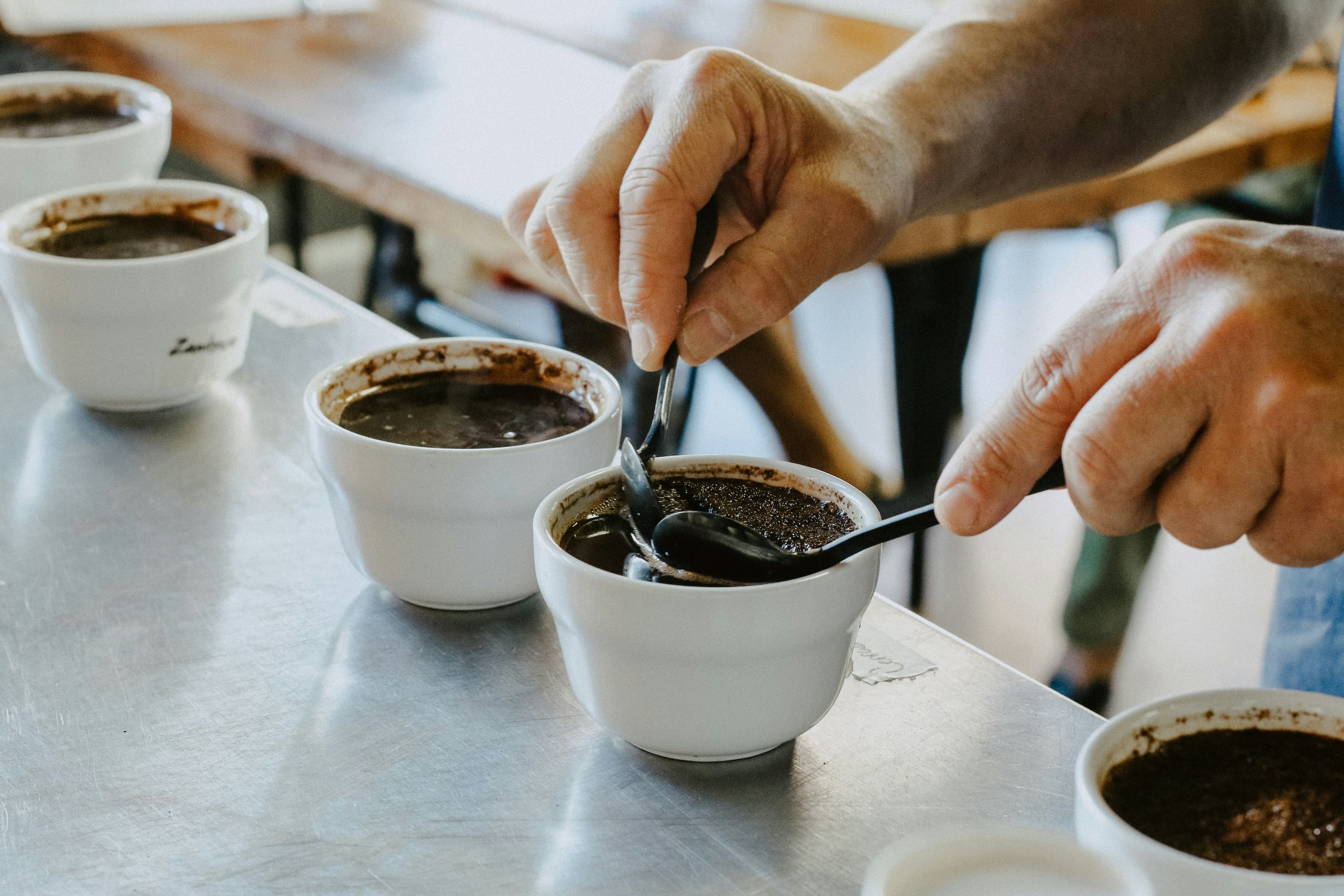
Coffee Certification Challenges
Once thought to be a straightforward incentive for producers and roasters, coffee certification challenges have become increasingly complex …

The evolution of the specialty coffee movement has ushered in a new era of appreciation for quality, flavor, and creativity. As roasters and coffee enthusiasts explore the depths of coffee’s potential, an essential aspect that has gained prominence is sustainability. The intersection of specialty coffee and eco-friendly practices has become a driving force in shaping the future of the industry. It shines a spotlight on the roasters who have effectively integrated sustainability and innovation into their daily operations.
The sustainability of coffee now forms the backbone of roastery operations and practices. Quality and taste remain vital, but environmental and social impacts matter more than ever. Coffee roasters recognize that their actions affect both producing regions and the planet. This shift reflects a deeper understanding that sustainable production ensures future success. It also matches the values of conscious consumers who demand ethical products.
Modern roasters embrace three key principles: people, planet, and profit. This framework combines business success with social duty and environmental care. Roasters create lasting impact by connecting these elements, by uplifting farming communities and protecting vital ecosystems. To understand the impact coffee has globally, consider that coffee supports over 120M people worldwide through economic opportunities. In this way, it serves as a crucial lifeline for many local and regional economies.
Agroforestry offers smart solutions beyond basic coffee growing. Farmers plant coffee alongside native trees to boost biodiversity and strengthen ecosystems, while also creating homes for wildlife, improving soil quality, and actively adapting to climate change. Roasters who choose coffee from these farms are champions of these sustainable methods.
Direct trade has transformed how roasters source their coffee: through clear, strong bonds with farmers while paying a fair price. Prices paid in direct trade models reflect a more equitable (and real) assessment of the true worth of the coffee.
Direct trade ensures farmers earn what they deserve, and it promotes sustainable farming and investments back into coffee-growing communities. This approach gives farmers sufficient reasons to keep growing coffee instead of switching crops and further reducing coffee-yielding lands globally.
The model also reshapes traditional coffee trading. It puts more power in the hands of those who grow the beans. Roasters can track their impact and ensure their money reaches the right people. This direct connection helps build trust and long-term relationships.
These partnerships in turn create a foundation for sustainable growth, by specifically representing the interests of the farmers. Overall, the direct trade model is an example of how business can drive positive change, and proves that profit and purpose can work together in specialty coffee.
Through these efforts, the specialty coffee industry leads by example. It demonstrates how businesses can succeed while caring for people and the planet. This approach sets new standards for sustainable trade across all industries.

Roasters drive innovation in the fluid specialty coffee movement through a variety of techniques. Electric roasting is one such approach (check out our interview with electric roaster manufacturer Bellwether Coffee). New engineering and fuel sources help roasters slash their carbon footprint while expanding the accessibility of roasting coffee and attracting eco-conscious customers. Many roasters now aim for carbon neutrality across their facilities and cafes.
Smart roasters find new uses for coffee processing byproducts. They turn coffee chaff – the dried skin that falls off beans during roasting – into valuable mulch or compost. Coffee pulp becomes fertilizer or sustainable textile material. These practices create circular economies and eliminate waste in coffee production.
Packaging innovation drives coffee sustainability forward as well (check out our interview with Savor Brands). Roasters choose eco-friendly materials that keep coffee fresh, including compostable bags and reusable containers. Labels tell sustainability stories that engage customers and raise awareness.
Roasters build connections beyond the coffee cup. New roasting entrepreneurs lead this engagement movement. They invest in local farming communities and support development projects. Their work uplifts coffee-growing regions through direct action.
Sustainable coffee must provide lasting income for farming communities. Roasters bridge gaps in the supply chain to create positive change. Their efforts improve lives throughout the coffee industry.
Roasters display key sustainable practices and metrics on their websites and labels, appealing directly to coffee consumers. This type of transparency helps customers make informed choices about their coffee, while strengthening the bonds between roasters and producers through shared responsibility.
This approach creates lasting partnerships built on trust, with roasters and producers working together toward industry sustainability. They share knowledge, resources, and commitment to quality, and their collaboration ensures coffee’s future through responsible practices.
The movement grows stronger as more roasters embrace these principles, as each additional example of this effective system encourages more roasters and producers to follow suit. Through innovation and care, they build a better coffee future together.
Innovative specialty coffee roasters have made sustainability their guiding principle. These roasters actively shape coffee’s future by implementing eco-friendly practices that balance people, planet, and profit. They lead the industry through direct trade relationships and groundbreaking packaging solutions. Their pioneering efforts create a new standard for coffee production that delivers exceptional taste while building a more sustainable future for both the industry and our world.

Once thought to be a straightforward incentive for producers and roasters, coffee certification challenges have become increasingly complex …

Each quarter in our benchmarking report, we analyze a broad sample of single origin coffees from hundreds of small roasters …

You read tasting notes because they promise an experience. Yet the language on coffee bags often feels repetitive …
© 2026 Lightyear Coffee LLC
Privacy Policy
Terms of Use